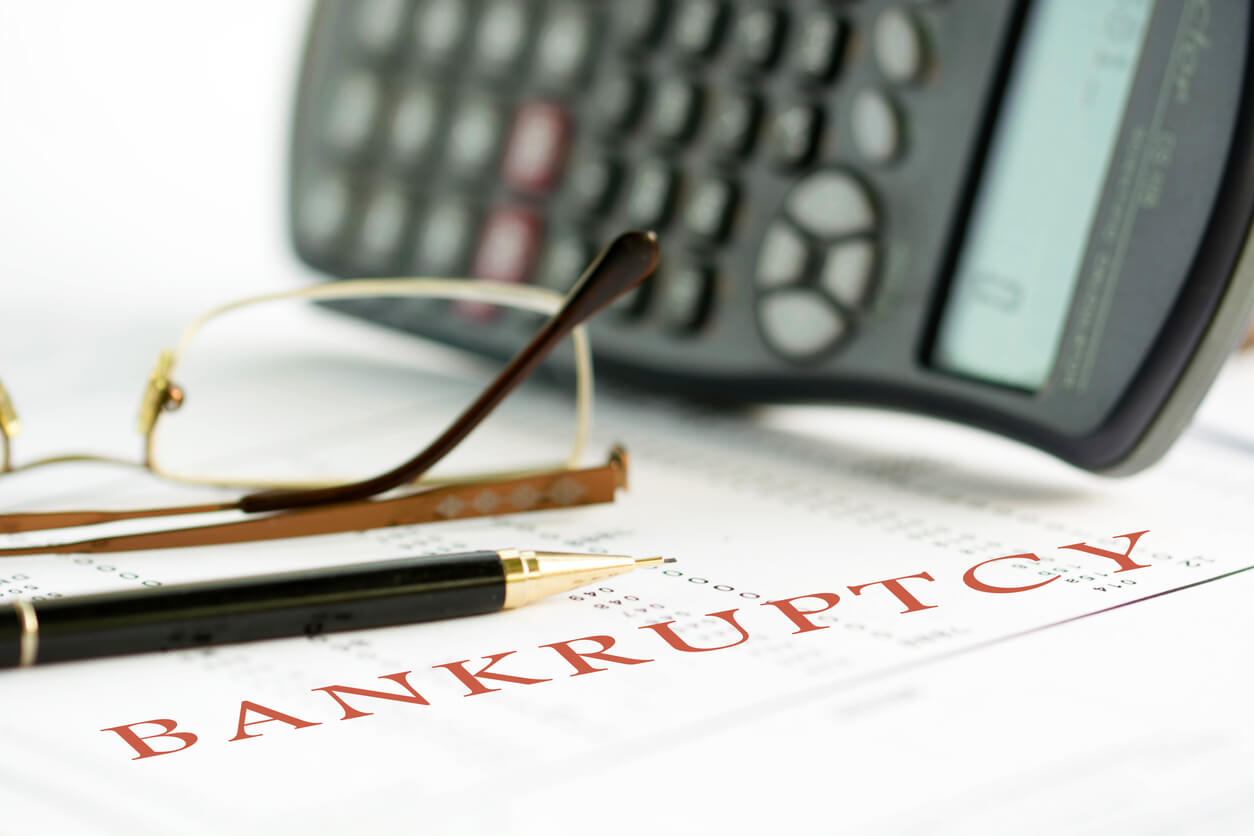Toronjo & Prosser Law is a premier bankruptcy practice serving the Dallas-Fort Worth community. We regularly represent clients in Chapter 7 bankruptcy proceedings and have a well-earned reputation for providing them with informed representation and dependable service. If you are considering personal bankruptcy, we will work closely with you to protect your financial future.
When you consult with us, we will advise you of all your debt-relief options, including seeking bankruptcy protection. Although filing for bankruptcy is a serious consideration, it can help to relieve you of your debt burden and allow you to get a fresh start financially. Because we understand your financial troubles, your initial consultation will be free, and we also offer affordable payment plans.
If you are facing a creditor lawsuit, foreclosure, repossession, high interest-rate credit cards, etc., turn to Toronjo & Prosser Law. Our legal team will handle your case with the personal attention it deserves. Contact our office today to speak with our experienced bankruptcy attorneys.
What is Chapter 7 Personal Bankruptcy?
Chapter 7 personal bankruptcy is the simplest and most common form of personal bankruptcy in Texas. It is also known as a “liquidation bankruptcy” because certain assets or non-exempt personal property may be sold to pay off unsecured debt, debt that is not backed by collateral (e.g., a house, a car). Most remaining debts are then eliminated (i.e., discharged).
To be eligible, your household income must be lower than the median income in the state. If your income is above the median, you must pass what is known as a “means test.” For the bankruptcy to proceed, this assessment of your finances must show your disposable income will not cover your debts. If you qualify for Chapter 7, most of your unsecured debt will be eliminated, including:
- Credit card debt
- Personal loans
- Medical bills
- Debt related to lawsuits/judgments
- Payday loans
- Collection accounts
- Deficiencies from repossession or foreclosure
- Apartment leases
On the other hand, certain debts cannot be eliminated in a personal bankruptcy, including:
- Child support
- Some taxes*
- Student loans
- Spousal support (alimony)
- Criminal fines
*Under limited circumstances, a Chapter 7 filing can also eliminate certain tax liabilities due for periods that are at least 3 years old, as well as penalties and interest on other tax debt. At Toronjo & Prosser Law, we have handled several cases like this that have eliminated over $100,000 in tax debts and liens!
You Must Undergo Credit Counseling to File Chapter 7 Personal Bankruptcy
Before you can file a bankruptcy petition, you must participate in credit counseling with a court-approved agency. Once your petition is filed, a court order known as an automatic stay goes into effect, which bars creditors from proceeding with debt collection activities, including repossessions, foreclosures, garnishments, civil lawsuits, evictions, etc. without first getting permission from the bankruptcy court.
In addition, a trustee will be appointed to oversee your bankruptcy case. The trustee will conduct a meeting of creditors known as a 341 Meeting that you must attend. Although creditors are also permitted to attend the meeting to question you about your finances and property, most creditors do not. The trustee will question you about the petition, verify the accuracy of the required personal and financial information, and review your assets to determine if you can keep your property.
Will I lose all my property if I file for personal bankruptcy?
There is a common misconception that people who file for Chapter 7 bankruptcy will lose all their property and possessions. Property in chapter 7 must be protected (i.e. exempted) in order for the debtor to keep the property. The experienced attorneys at Toronjo & Prosser Law can analyze your residential history to determine which exemption scheme applies to your case.
Most debtors in a chapter 7 bankruptcy in Texas are allowed to use either Texas state exemptions or the US Federal bankruptcy exemptions. Under Texas law, certain property is protected or “exempt” from being sold to pay off unsecured debt, such as:
- A home (the “homestead” exemption)
- Automobiles (one per driving eligible member of the household)
- Personal property (e.g. furnishings, clothing, jewelry)
- Two (2) firearms
US Federal bankruptcy exemptions can be even more generous for chapter 7 cases when the debtor does not own a home, or, if the equity in the home does not exceed $30,000. The best part of the US Federal exemptions is the “wildcard” exemption, which allows individuals in chapter 7 bankruptcy to typically keep money in the bank, cash on hand, protect tax refunds, etc.
If property is not exempt in Chapter 7, then it will be subject to sale by the bankruptcy trustee. Depending on the exemption scheme for your case, this can include bank accounts, stocks, bonds, tax refunds, business interests, and rental properties.
It is also worth noting that liens on personal property — auto loans, mortgage loans, furniture loans — survive the bankruptcy. Therefore, debtors are required to continue making the regular monthly payments. If you’re unable to keep making the payments, then the home, car, or furniture must be surrendered. Our bankruptcy attorneys can review and explain these options in simple terms, which will allow you to explore ways to keep your property and bring your loans current.
How Toronjo & Prosser Law Can Help with Chapter 7 Personal Bankruptcy
By understanding your circumstances, we will determine whether filing for Chapter 7 bankruptcy is a viable option for you and help you navigate the legal system. Our legal team will work with you to gather necessary financial information, including:
- Income
- Expenses
- Secured and unsecured debt
- Credit reports
- A list of assets
- Details of prior property sales
- Analysis of large payments made to creditors
We will also prepare and file the petition and related legal documents, represent you in dealings with the bankruptcy trustee, and work out loans with mortgage and auto lenders. In addition, we will advise you about alternatives to bankruptcy, such as debt negotiations; we are also available for ongoing counsel on credit repair and financial management strategies once your bankruptcy is discharged.
Contact Our Experienced Texas Chapter 7 Personal Bankruptcy Attorneys
If you are having financial trouble and facing insurmountable debt, Toronjo & Prosser Law can help. We are here to guide you through the bankruptcy process and will leverage our skills and experience to help you achieve a fresh start on your financial future. Please contact our office today to speak with our bankruptcy lawyers. We have offices located in Dallas and Southlake and help people across Texas including those in Denton, Fort Worth, McKinney and Plano.


